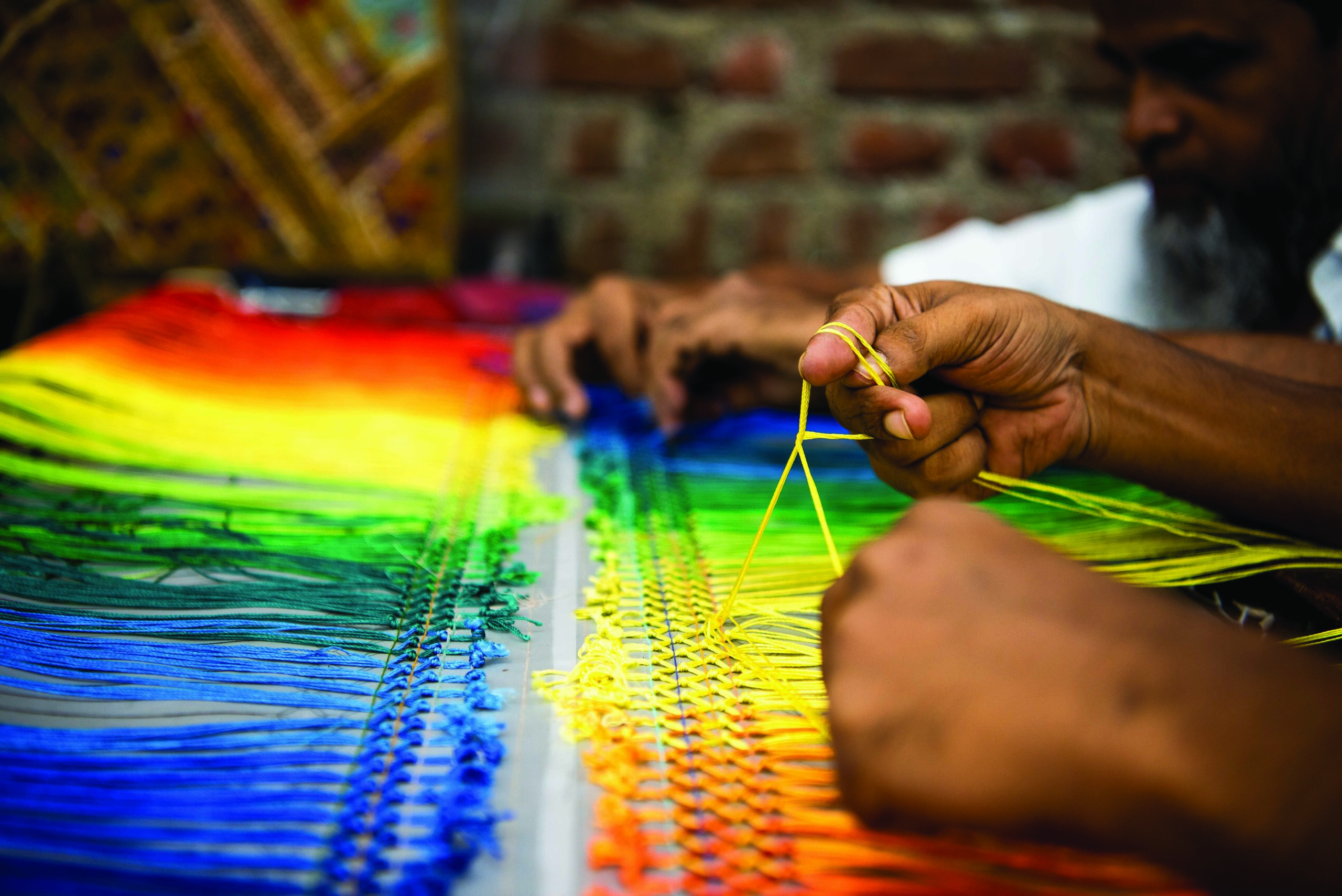
Affording luxury fashion has long been considered a privilege reserved for the elite, with hefty price tags often deterring many from indulging in their favorite designer pieces. However, a paradigm shift is underway in the world of high-end retail, driven by a commitment to affordability and accessibility. This shift is revolutionizing the way people perceive and engage with luxury fashion, making it more attainable for a broader audience.
At the forefront of this movement are innovative platforms that bridge the gap between luxury and affordability, offering high-quality merchandise from top designers at reduced prices. These platforms have democratized luxury fashion, empowering individuals from diverse backgrounds to experience the craftsmanship, creativity, and prestige associated with designer brands.
One of the cornerstones of this approach is the strategic pricing model employed by these platforms. By offering merchandise at discounted prices, they make luxury fashion more accessible to a wider audience, allowing individuals to purchase coveted designer pieces without breaking the bank. This democratization of luxury fashion challenges the notion that exclusivity and affordability are mutually exclusive, proving that high-quality, stylish apparel can be accessible to all.
Moreover, these platforms leverage strategic partnerships with designers to source surplus inventory and end-of-season stock, further enhancing affordability. By providing designers with a platform to liquidate excess merchandise, these platforms create a win-win situation that benefits both designers and consumers. Designers can clear out surplus inventory while consumers gain access to high-quality designer pieces at discounted prices.
In addition to their discounted pricing model, these platforms prioritize the customer experience, leveraging technology to enhance accessibility. E-commerce platforms provide a convenient and seamless shopping experience, allowing customers to browse, purchase, and receive their favorite designer pieces with ease. This digital presence expands the reach of luxury fashion beyond physical storefronts, making it accessible to individuals worldwide.
Furthermore, these platforms embrace diversity and inclusivity, celebrating individuality and self-expression. By offering a wide range of styles, sizes, and price points, they cater to a diverse audience with varying tastes and preferences. Whether it’s a statement piece for a special occasion or a timeless staple for everyday wear, there is something for everyone, regardless of budget or background.
The democratization of luxury fashion represents a departure from the exclusivity and elitism that have long defined the industry. Instead, it emphasizes accessibility, inclusivity, and affordability, making luxury fashion more relatable and relevant to a broader audience. This shift reflects changing consumer preferences and values, as people increasingly prioritize authenticity, diversity, and transparency in their purchasing decisions.
Moreover, the democratization of luxury fashion has broader implications for the industry as a whole. It challenges traditional notions of luxury and disrupts established hierarchies, democratizing access to high-quality, stylish apparel and accessories. As a result, luxury brands are compelled to adapt to changing consumer expectations and embrace new approaches to pricing, distribution, and marketing.
In conclusion, the democratization of luxury fashion represents a transformative shift in the industry, driven by a commitment to affordability, accessibility, and inclusivity. Through innovative platforms and strategic partnerships, luxury fashion has become more attainable for a broader audience, empowering individuals to indulge in their favorite designer pieces without compromising on quality or style. As the industry continues to evolve, the democratization of luxury fashion will play an increasingly vital role in shaping the future of high-end retail.
The author is the founder of Warehouse by Mudita.